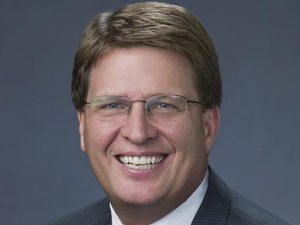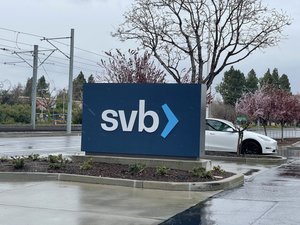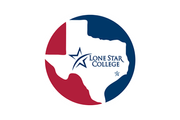
Several leaders in Houston’s innovation economy have highlighted specific regulatory changes they would like to see in the wake of Silicon Valley Bank’s collapse and subsequent federal intervention.
Softeq Development Corp. founder and CEO Chris Howard reported minimal immediate impact to Softeq’s 64 portfolio companies, as most companies that banked with SVB had accounts under the FDIC insured limit of $250,000. Howard did report a flurry of activity as current Softeq Venture Studio cohort entrepreneurs and alumni shared advice during the bank’s initial collapse on March 10.
“We're constantly sharing the latest information and advice, both from ourselves and from other investment firms that we saw that were coaching their portfolio companies of what you can or need to be doing on the weekend,” Howard said.
Guillermo Borda, managing partner of the Houston-based venture fund-of-funds HX Venture Fund, also reported little to no impact from the fund’s portfolio. Borda said HXVF was fortunate to transfer funds between accounts to make sure any that were affected by the collapse were under the FDIC limit, and the fund also prioritized making sure liquid investor capital was insured.
“I wish I could tell you it was because we had planned for this situation, but we actually had those accounts in anticipation of carried interest buildup,” Borda said.
SVB failed on March 10 after experiencing a run on deposits for weeks that culminated in the bank losing $1.8 billion on the sale of a $21 billion securities portfolio. Federal regulators later announced the government would insure all deposits in the bank, not just the initial $250,000 typically insured by the Federal Deposit Insurance Corp.
By midweek, the FDIC had created a new bank, the Silicon Valley Bridge Bank, with a new CEO, Tim Mayopoulos, who called for calm and asked depositors to return with the $42 billion they had pulled from SVB the week before.
For Howard, the crisis ended up being a teachable moment for the Softeq cohort, especially for companies that were making more money than the FDIC limit for the first time.
“Sometimes it's a survive-or-die moment,” Howard said. “You gotta say, 'What are my options?' And from a stress-management point, for a lot of startups, it’s their first crisis, so we were coaching them through that.”
Borda said HXVF’s portfolio companies and partner VC funds learned valuable lessons about bank diversification and that HXVF itself would update its policy with requirements for banking relationships.
“In our new playbook, we will insist that the funds we invest in have at least two banking relationships to diversify their cash exposure,” Borda said. “The other thing is to have lesser reliance on venture debt whenever possible. The task is figuring out which banks are safe to do business with and for that you need to understand what their level of unrealized losses in their balance sheets.”
Despite the turmoil, Borda noted that some funds, including HXVF, are retaining their relationships with SVB due to the bank’s relationship with startups.
“Ironically, one could argue [SVB] is one of the safest places to put capital now, relative to what's going on in the broader banking system,” Borda said. “All new deposits and existing entities will be fully insured by the FDIC. So technically speaking, this is safer than any other alternative. The other thing is that SVB’s systems are up and running with [Mayopoulos] in charge, with a great reputation for the work he did back in 2008.”
Both Howard and Borda said regulatory changes were needed to prevent or reduce the scale of future bank collapses, especially as they relate to startups. Howard proposed a reworking of the FDIC’s insurance limits to differentiate between personal and bank accounts rather than a flat cap of $250,000.
“I think KPMG is auditing from the standard of, 'Are they compliant?'” Howard said. “But they're not saying [something] like, 'You need to question these investments you're making. Why do you have, you know, $60 billion of your money tied up into long term when you've got short-term exposure?' I would say they need to do that so businesses and the general public have confidence in banks.”
KPMG LLP audited SVB and Signature Bank less than a month before regulators seized the banks, the Wall Street Journal reports.
Several Houston-based banks took hits in the stock market following turmoil at SVB and other banks such as First Republic. Zions Bancorporation, the parent company of Houston-based Amegy Bank, saw its stock price drop of 39% from March 6 to March 17 in the wake of SVB's collapse. Amegy is ranked No. 4 on the Houston Business Journal’s 2022 Largest Houston-Area Banks List, the highest ranking of any bank with headquarters in Houston.








